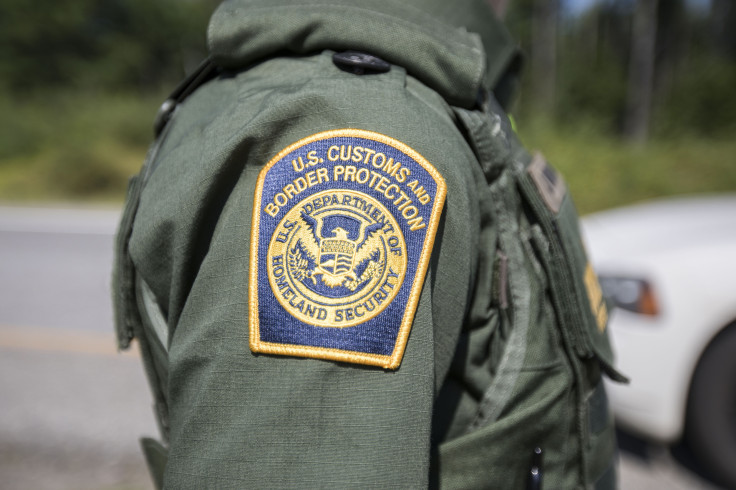
U.S. Customs and Border Protection (CBP) is alerting the public about an increase in phone scams involving individuals posing as CBP officers to gain sensitive personal information. These scammers, claiming to be U.S. Border Patrol agents or CBP officers, are contacting individuals across the country under the pretense of investigating suspected illegal activity related to drug or money shipments.
CBP Houston's Acting Director of Field Operations, Rod Hudson, emphasized through a statement that CBP does not contact individuals by phone to request money or personal information:
"To be clear, CBP will not make telephone calls threatening citizens that law enforcement is on the way or promising money for information. Anyone receiving a call from U.S. Customs and Border Protection about a shipment of drugs or money should recognize that it is a scam regardless of how authentic the caller may sound"
Scammers typically insist that the individual's cooperation is needed due to an intercepted shipment allegedly tied to the target's name and address. If the person refuses, the scammers threaten that law enforcement will be dispatched to their location. Some even use real CBP employee names, publicly available phone numbers, fake case numbers, and badge numbers to appear legitimate.
Another variation on the scam involves a pre-recorded message states that a shipment of drugs or money has been intercepted with the individual's name on it. Call recipients are directed to press "1" to connect with a CBP agent, where scammers then attempt to collect banking information.
CBP stressed that these are fraudulent calls and advises the public to refrain from sharing any personal information. To confirm the legitimacy of any suspicious calls, CBP recommends contacting them directly through official channels found on the agency's website, rather than using contact details from the scam call.
Lastly, the Department of Homeland Security and CBP remind residents that they do not solicit payments or personal information over the phone, nor do they accept gift cards, cryptocurrency, or wire transfers as forms of payment.
© 2024 Latin Times. All rights reserved. Do not reproduce without permission.








